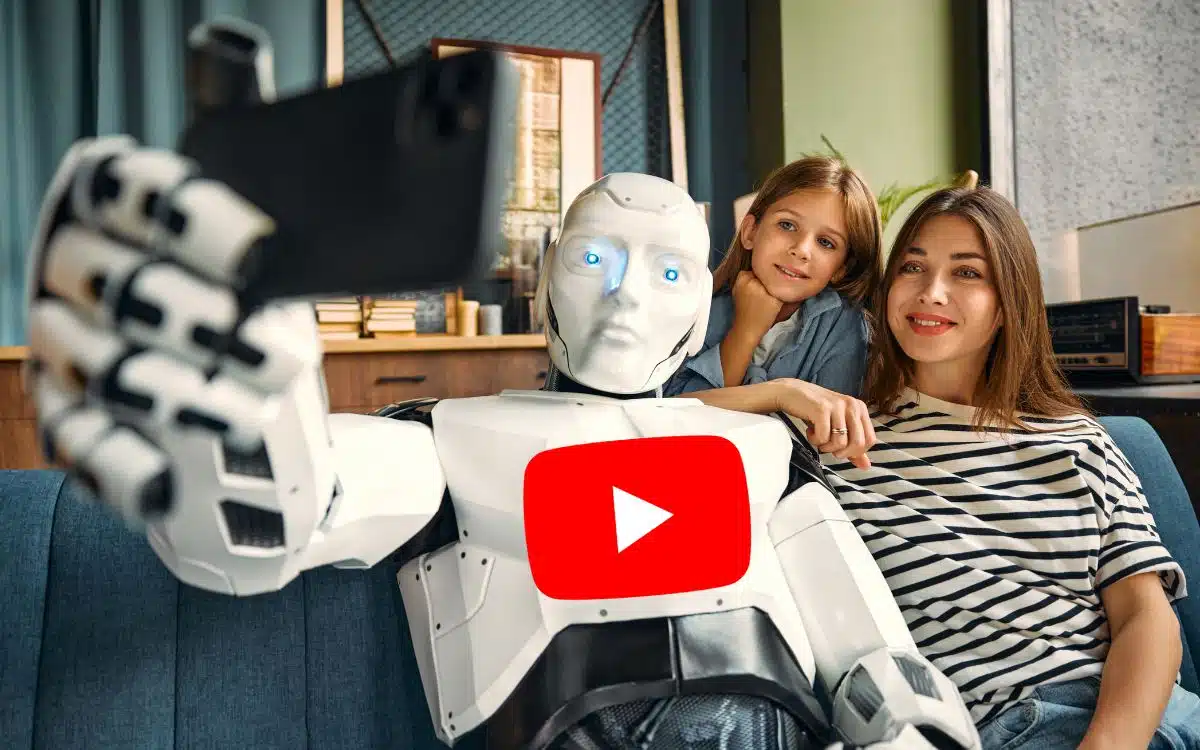YouTube wants your content to be generated by artificial intelligence (AI), but on one condition: that it is clearly recognizable. From now on, YouTubers will have to indicate whether they appear in their ‘realistic-looking’ videos or they will be banned from the platform.
Google has promised Joe Biden to make AI more secure and this is another step towards that goal. This time it’s YouTube that’s worried. The online video hosting platform is taking steps to ensure AI-generated content is clearly recognizable, as detailed on its blog. An initiative aimed at protecting the public from misleading videos and other fake news.
YouTube wants to protect its users from misleading content
Now when you upload a video “realistic looking“Users will have to indicate whether it was done with the help of artificial intelligence. Specifically, the YouTuber sees a questionnaire appear in which he is asked:
- If the content shows a real person saying or doing something that he or she did not do.
- If it modifies images of a real place or event.
- If it depicts a realistic-looking scene that didn’t actually happen.
Based on YouTubers’ statements, videos with AI-generated elements will be clearly identifiable with a watermark, in the same way as edited Galaxy S24 photos. Google knows that YouTubers use AI in other ways, such as to generate content ideas. In this case, YouTube will not display a watermark on the videos, as well as for clearly fake content.like someone riding a unicorn” or for visual adjustments and other special effects.
According to CNN, users who refuse to report AI-generated content will be suspended or even banned. The platform does not specify how it plans to identify these undeclared AI-enabled videos.
Since Google Search still hasn’t figured out how to detect AI-generated images, we imagine the company won’t hire little hands to review all the videos on the platform. So it’s probably via the reporting system that YouTube can take care of it.
The measure seems reasonable considering the next big generative AI product on the rise: Sora, a generator of stunningly realistic videos. YouTube, the kingdom of videos, has so far been relatively spared from the problems that AI brings.
The image generators available to the general public were still images only. Enough to possibly generate a nice background, but not enough to create entire videos. Sora is going to shake up this comfortable situation for YouTube.YouTube will ask content creators to indicate whether a realistic video contains AI-generated content.
- Violators of this reporting system will be suspended or banned from the platform.
- This initiative comes as the arrival of OpenAI’s Sora video generator is imminent.

